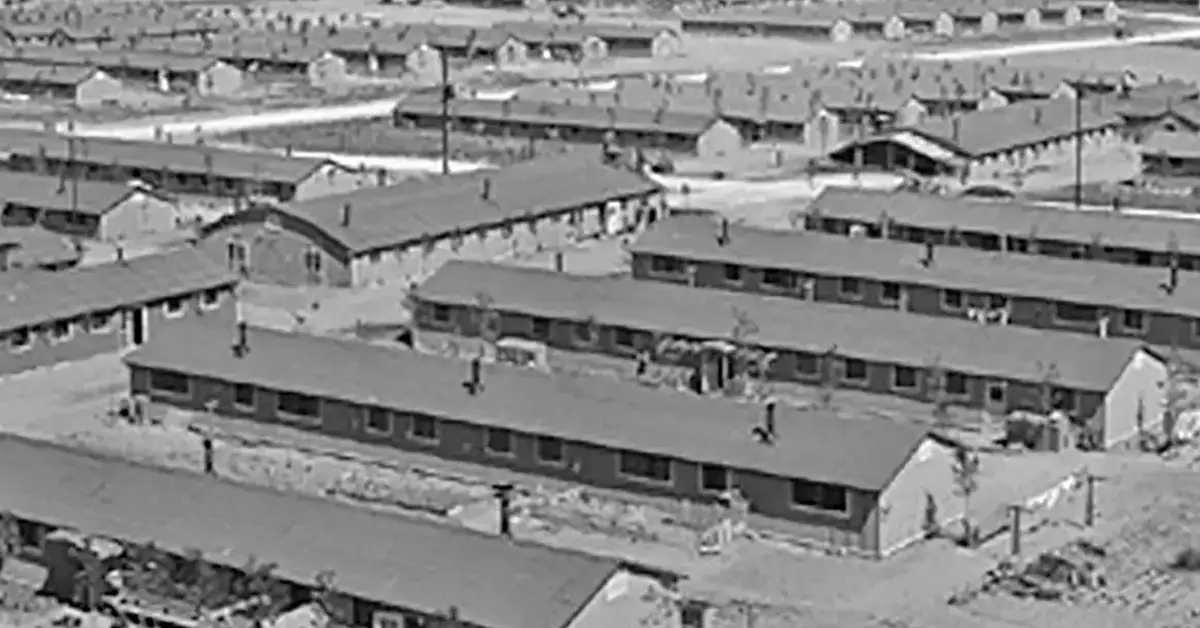
On this anniversary of one of America’s darkest domestic policies, we reflect on the forced internment of Japanese Americans during World War II. Under the leadership of President Franklin Delano Roosevelt, the federal government carried out Executive Order 9066, which forcibly relocated over 120,000 individuals of Japanese descent—many of them U.S. citizens—to internment camps for the duration of the war. In an act unthinkable in a nation founded on individual liberty, even those with as little as 1/16th Japanese heritage were deemed a national security threat, uprooted from their lives, and imprisoned based on ancestry alone.
This was not the first time the U.S. government targeted an ethnic group for mass displacement—Native Americans endured forced removals under policies like the Trail of Tears—but it was the first such mass internment of an entire population in modern American history. The consequences were devastating. Families lost their homes, businesses, and savings. Many never recovered, forced to start anew in places like Seattle, New York, or even back in Japan. Some, like my great-great-grandfather Shutoka “James” Hiramatsu, disappeared into history, their fates uncertain after release from the camps.
For many, the war didn’t end in 1945. Socially ostracized and economically devastated, Japanese Americans had to rebuild in a country that had labeled them the enemy. Their constitutional rights had been suspended, not because of any individual wrongdoing, but because of their ancestry—a sobering reminder of what governments are capable of when fear overpowers liberty.
The lesson is clear: what happened once can happen again. Governments operate under the same fundamental incentives, and history has repeatedly shown that with enough public support—or even in the face of public opposition—state power can be used to marginalize and oppress. This is why we as libertarians uphold a simple truth: the smallest minority is the individual. When government policy is driven by collectivism—whether for national security, economic control, or social engineering—it inevitably sacrifices individual rights. The only way to prevent future injustices is to ensure that individual liberty always takes precedence over group identity.
We remember these injustices not just to honor the victims of the past, but to protect the potential victims of the future. The echoes of history serve as a warning: a government powerful enough to intern entire populations is powerful enough to do it again. Only by upholding individual rights above all else can we ensure that history does not repeat itself.
